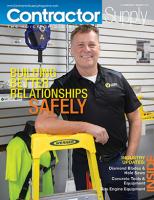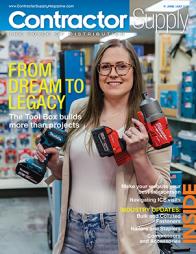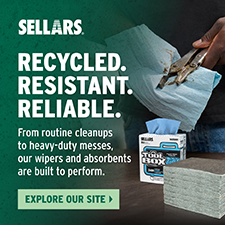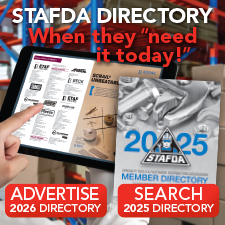Exclusive: Penny Wise, Pound Foolish
Using anything other than OEM batteries is a dangerous proposition for contractors who use power tools.
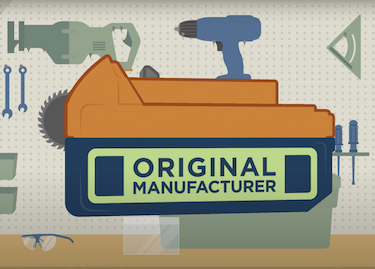 “The quality will remain long after the price is forgotten.” That’s a well-known quote from Henry Royce, co-founder of luxury car brand Rolls-Royce. It’s usually taken to mean that quality is worth paying for.
“The quality will remain long after the price is forgotten.” That’s a well-known quote from Henry Royce, co-founder of luxury car brand Rolls-Royce. It’s usually taken to mean that quality is worth paying for.
But there’s another meaning: buying on price alone often ends with the disappointment of poor performance. It is this second meaning that drives the Power Tool Institute to strongly caution tool buyers to only buy batteries manufactured by their tool’s original equipment manufacturer (OEM).
When it comes to buying power tool batteries, going cheap can have potentially disastrous consequences for contractors and business owners. The costs related to a single fire caused by a counterfeit or knock-off battery will quickly reveal the lower initial purchase price to be no bargain at all. Fires and injuries cost much more than buying quality OEM batteries. Spending a little more up front for a product that will perform well and for a longer period of time is a smart investment.
What makes OEM batteries the right investment over counterfeits and knock-offs? Each OEM has its own proprietary control circuity for the total system, which encompasses the tool, battery, and charger. This is so the three components communicate properly. There are numerous design considerations manufacturers address in the construction of their batteries: type and quality of cells, durability of electrical connections, electronic controls (in the battery, charger, and tool), protective housing, compliance with standards and third-party certification, etc.
This circuitry design is not available to third-party component suppliers. And the differences between the inner workings of these power tool systems make it virtually impossible for any other battery to match the OEM, no matter what the package claims.
For all these safety and compliance considerations, batteries are not cross-compatible (unless specified by the power tool manufacturer). When buying aftermarket batteries for power tools, it is important to consult with the power tool owner’s manual and purchase only the batteries recommended by the manufacturer.
Before purchasing a non-OEM battery, contractors and businesses are advised to consider all factors, not just price. And what seems to work well out of the box may deliver dire consequences later. Purchasing a battery from an unknown seller without having any verification of the seller’s qualifications or experience — or of the battery’s construction or testing or certification — can leave you with an unsatisfying, and potentially dangerous, experience.
For more tips from the Power Tool Institute on buying OEM batteries, visit https://www.powertoolinstitute.com/pti-pages/battery-safety.asp.
About PTI
With the vision to unify and educate others about power tools, since its founding in 1968, the Power Tool Institute (PTI) has established itself as the leading organization for building global understanding of power tools and for maintaining high standards of safety in the industry. Its members, a list of whom can be found here, represent market-leading brands in the areas of portable and stationary power tools. PTI’s members are committed to improving the industry and to being the premier resource for power tool education.
For more information, contact PTI 216-241-7333 or pti@powertoolinstitute.com. On the Web: www.PowerToolInstitute.com and www.TakeChargeOfYourBattery.com.
##







